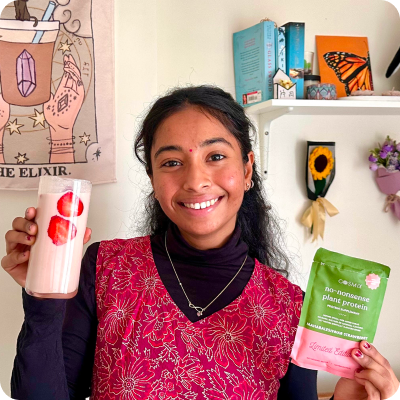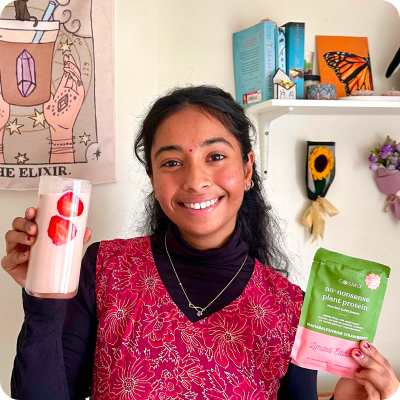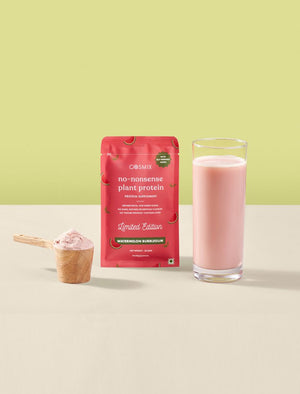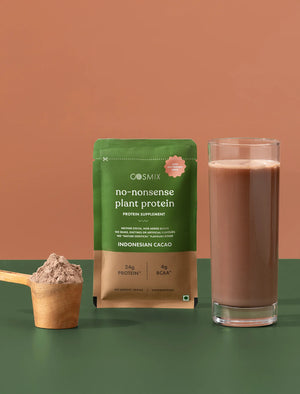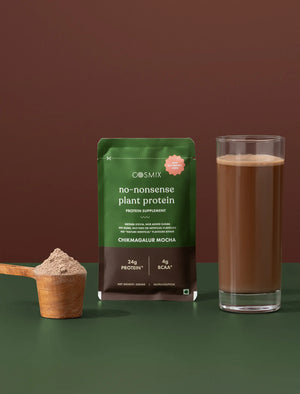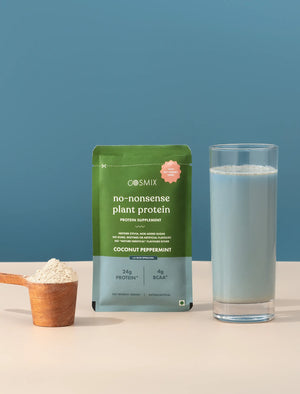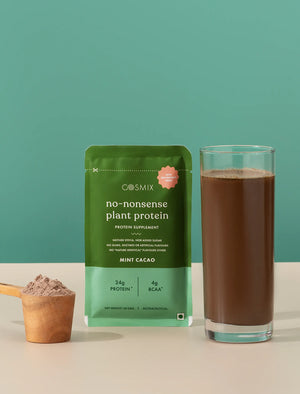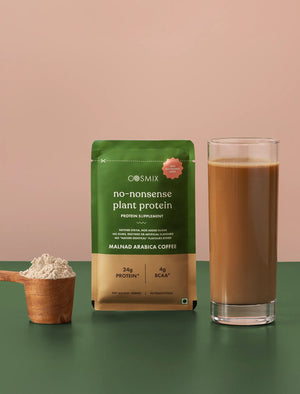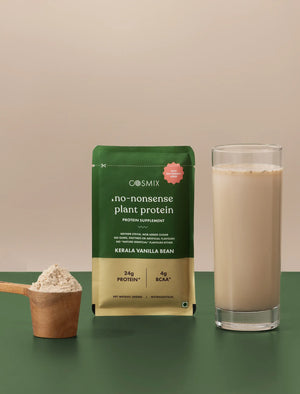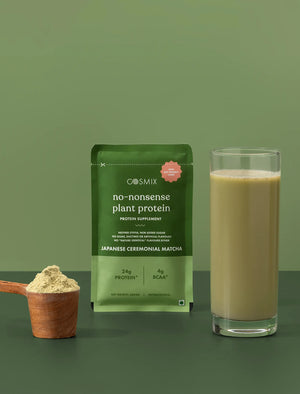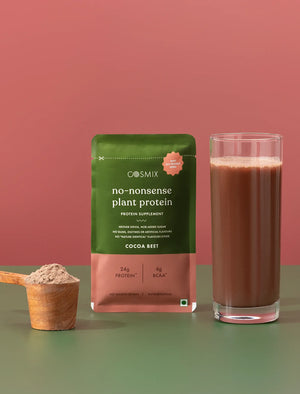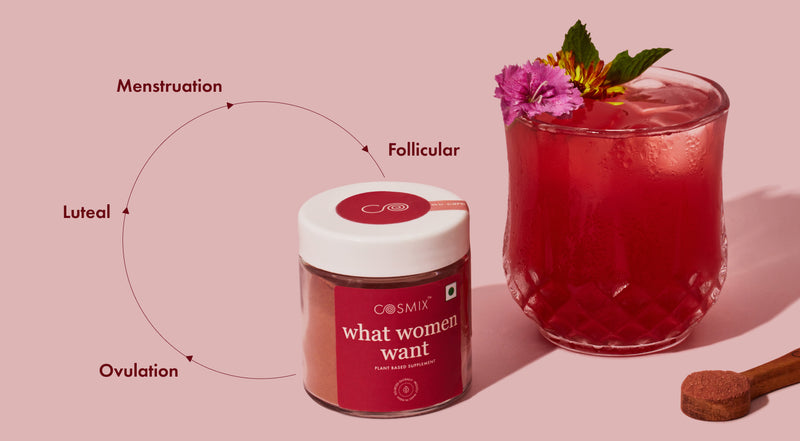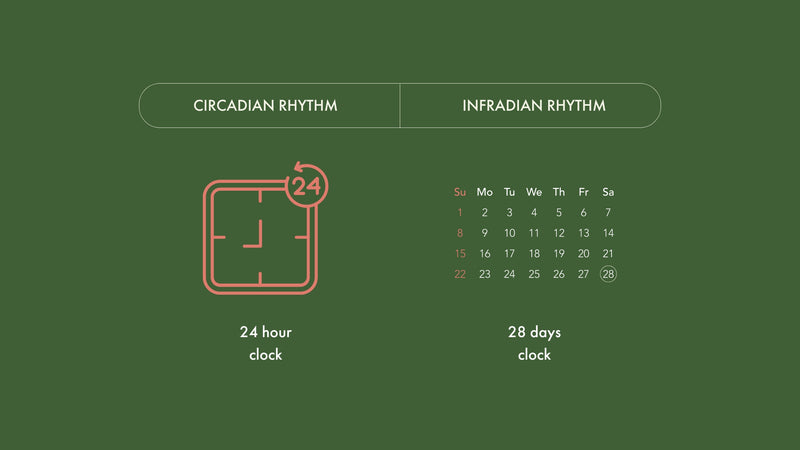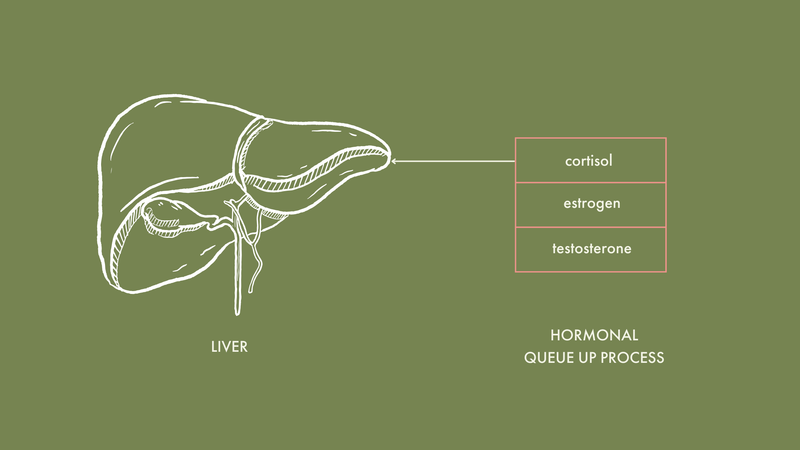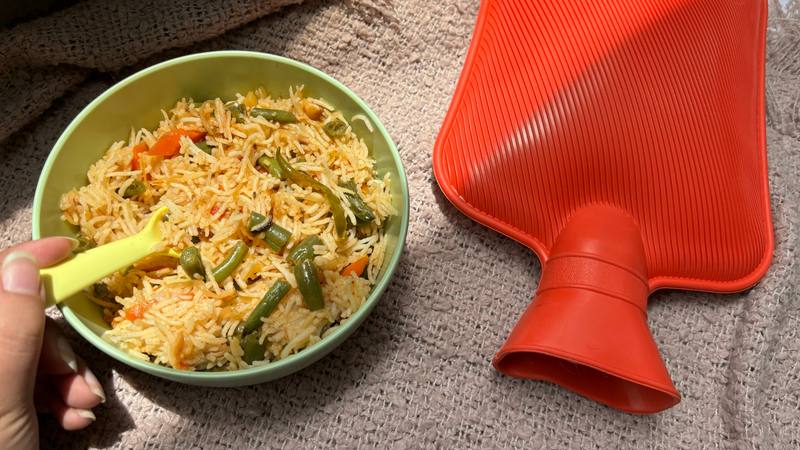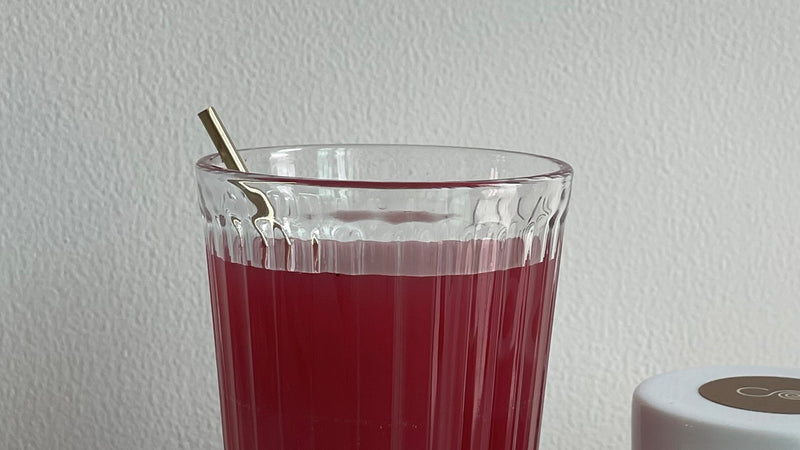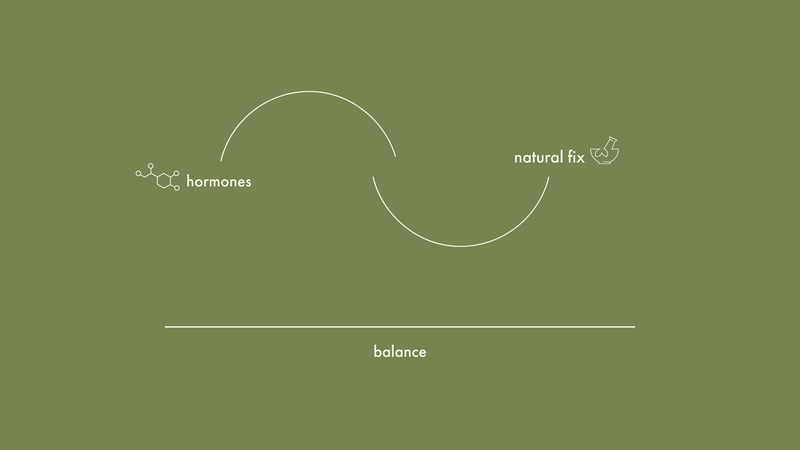Hippocrates, the father of modern medicine, thought that a woman's uterus wandered around her body, causing various ailments—hence the term "hysteria," derived from the Greek word for uterus, "hystera." Fast forward to the 19th and early 20th centuries, and the concept of female hysteria evolved but remained firmly rooted in misogyny. Women were often diagnosed with "premenstrual madness" or other forms of supposed mental instability linked to their menstrual cycles. Although we've come a long way in understanding women's health, the remnants of these outdated beliefs persist. Terms like "premenstrual madness" have evolved into modern jokes and dismissive comments about PMS. The stereotype that PMS is "just in women's heads" stems from this historical narrative that women's emotions are not to be taken seriously.
PMS has been misunderstood for far too long. As a woman, I can tell you it's far from imaginary. Over 150 symptoms have been linked to PMS, and at one point, the medical community even considered dropping the term "PMS" because the symptoms are so common. This kind of thinking trivializes the real daily struggles that millions of women face, including myself. For at least 5% of us, the symptoms are so severe that they leave us incapacitated every month. Even moderate PMS can interfere with work, parenting, and social life. It's time we understand and acknowledge PMS for what it truly is, so, let's dive into what's actually happening.
The Science Behind PMS
In the second half of the luteal phase, just before our period starts, we experience what’s called the Premenstrual Ramp-Up. This is when our body gives us a heads-up that our period is on its way. Now there are two main hormones that run the show in our menstrual cycle - estrogen and progesterone. These hormones fluctuate throughout the cycle, and their changes can trigger various symptoms associated with PMS.
Estrogen: During the first half of the menstrual cycle (follicular phase), estrogen levels rise, peaking just before ovulation. Estrogen has a significant impact on mood and energy levels. In the luteal phase, after ovulation, estrogen levels initially rise and then fall, which can contribute to mood swings and irritability.
Progesterone: Following ovulation, the corpus luteum produces progesterone. This hormone prepares the uterus for a potential pregnancy and has a calming effect. However, as the luteal phase progresses and no pregnancy occurs, progesterone levels decline, which can lead to anxiety, depression, and other emotional symptoms.
These hormonal changes also affect the regulation of other super important hormones, specifically the neurotransmitter - serotonin, or as you know it “the happy hormone”. Estrogen increases the production of serotonin, which regulates mood, appetite, and sleep. A decline in estrogen levels during the luteal phase can lead to a drop in serotonin (1), resulting in mood swings, irritability, and food cravings, particularly for carbohydrates. (Now you know the reason behind those random cravings for all the junk food right before your period!)
You may feel more emotionally heightened, reactive and easily irritated. If you’ve been squashing down some emotions as we so often do, especially anger, they may come tumbling out now. The end of the luteal phase and the first 2 days of bleeding can be an especially difficult time and is the lowest energy point in the month. It’s so important to support ourselves with the right food and movement in this phase which we’ll discuss in this blog. But what I think is the most important is giving yourself permission to pause, slow down, and rest if you feel like it.
So What Causes PMS?
Interestingly, PMS isn't just about hormonal imbalances. It's also about imbalances in stress hormones and neurotransmitters (the chemicals that control mood). Here are some factors that can contribute:
- Nutrient deficiencies (especially B6, vitamin E, vitamin A, calcium, and magnesium)
- Low blood sugar
- Stress and adrenal dysfunction (relationship issues, work stress, financial problems, etc.)
- Thyroid problems, which can also cause PMS symptoms, so it’s worth having your doctor check your thyroid hormones.
- Low levels of iodine and vitamin D, which can contribute to depression and other related symptoms.
Sometimes, addressing one factor can improve symptoms, but often a combination of a better diet, improved lifestyle habits (like adequate rest, increased exercise, and positive beliefs about menstruation), and herbal and nutritional supplements is needed.
Finding Relief: Things That Have Helped Me In My Journey
The right food along with holistic lifestyle changes were a game changer for me when I started this journey. Here are a few things that I’ve incorporated into my life that I believe can help you as well:
- Follow Your Cycles: Tune in to your body's signals and respond to them. It’s important to track which phase of the menstrual cycle you are in and honour your body’s needs accordingly.
- Nourishment: Focus on a plant-based diet and allow yourself to indulge in cravings (increased calories) as your body prepares for menstruation. Listen to what your body needs.
- Rest & Replenish: It's okay to slow down and take a break. Life can be demanding but it’s important we allow ourselves the permission to rest. Practising boundary management can help tremendously as well!
- Supplements: If you have intense period cramps, supplementing with Magnesium and Vitamin E can help. When our body lacks magnesium, our muscles, and also the uterus, contracts too much. Magnesium helps relax the muscles and ease cramping. (2) Vitamin E on the other hand, an essential fatty acid, helps reduce pro-inflammatory prostaglandins which are known to cause cramps and other PMS symptoms. (3)
You don’t have to implement all these changes at once. Focus on the areas where you need the most support and take small, manageable steps. Working on yourself can be intimidating and overwhelming when you’re new to it, but remember, baby steps go a long way.
Herbalist Recommends
I would recommend using What Women Want, a hormonal blend that was formulated out of my own need! It has Maca Root that specifically helps the body respond to stress, while the lemon balm regulates your mood and eases anxiety. It can also help with bloating,which is a common symptom of PMS. Nettle root in the mix replenishes essential minerals in your body, which can help with cravings. I normally recommend being consistent with these mixes for 2-3 months to actually notice any differences. The mixes target the root cause to provide long term benefits instead of providing a quick fix.
If you have intense bloating as a part of your PMS symptoms, I would also recommend supplementing with the My Happy Gut mix. It contains gut-loving herbs such as mulethi, ashoka bark and ginger which are known to help with digestive issues.
